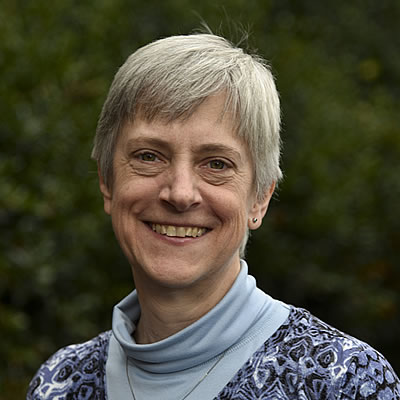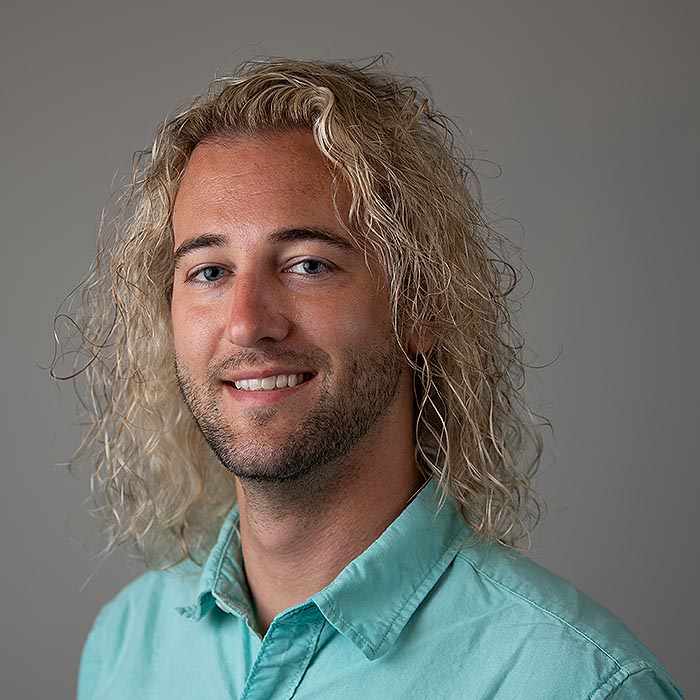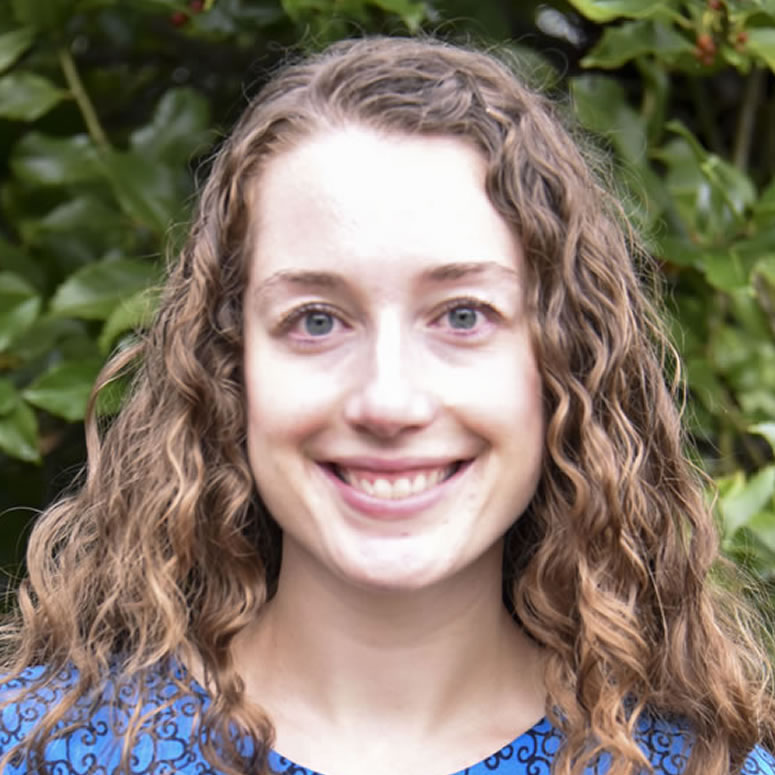- All Departments
- Accounting and Finance
- Animal Science
- Art
- Biology
- Chemistry and Biochemistry
- Communication
- Economics and Data Analytics
- English Rhetoric and Writing
- Environmental Science and Studies
- History
- Kinesiology
- Management and Entrepreneurship
- Marketing
- Mathematics and Computer Science
- Music
- Nursing
- Physician Associate
- Physics and Technology
- Political Science and International Affairs
- Psychological Science
- Religion and Philosophy
- Sociology and Anthropology
- Teacher Education
- Theatre
- Visual and Performing Arts
- World Languages
-
Search Directory
-
Search Directory
- Filter by School
-
Filter by Department
- All Departments
- Accounting and Finance
- Animal Science
- Art
- Biology
- Chemistry and Biochemistry
- Communication
- Economics and Data Analytics
- English Rhetoric and Writing
- Environmental Science and Studies
- History
- Kinesiology
- Management and Entrepreneurship
- Marketing
- Mathematics and Computer Science
- Music
- Nursing
- Physician Associate
- Physics and Technology
- Political Science and International Affairs
- Psychological Science
- Religion and Philosophy
- Sociology and Anthropology
- Teacher Education
- Theatre
- Visual and Performing Arts
- World Languages
Department of Biology
Dr. Borer’s research emphasizes physiological plant ecology and plant conservation. Current projects include flowering dogwood’s influence in ecological Ca cycling, conservation of seaside alder, Georgia trillium, and native milkweeds, analysis of plant roots in caves, and plant mapping. Other projects examined invertebrates in Ca cycling, nutrient resorption during leaf senescence, red spruce decline, and cave ecology and conservation. Student participation is central in all projects. Dr. Borer mentors student assistants in Biology’s teaching greenhouse, and is faculty advisor for Society of Outdoor Life and Exploration and the Eco Club.
View Full Bio & CVDr. Conn researches antagonistic relationships that involve plants. Half of her work focuses on parasitic plants from the Orobanchaceae family and addresses questions about the genes that enable them to interact with hosts. Dr. Conn also studies the relationship between American chestnut trees and the fungal blight that has driven them to functional extinction.
View Full Bio & CVProf. Conn’s research program includes parasitic and other infectious diseases, insect disease vectors, and invertebrate invasive species that cause environmental problems around the world. His work in invertebrate zoology spans freshwater environments from the Everglades to the Great Lakes, and marine biology from the Caribbean to the Arctic. Students in his research program work on the Berry campus as well as more distant locations. With his students, he takes a One-Health approach, integrating biomedical, veterinary, and environmental perspectives.
View Full Bio & CVDr. Hall’s interests are in infectious zoonotic diseases, epidemiology, disease ecology, and the One Health approach to population health. He works largely with the protozoan Trypanosoma cruzi (Chagas Disease) and its vectors in the southeastern United States. He has also researched the natural reservoirs for Toxoplasma gondii (toxoplasmosis) in aquatic environments. Dr. Hall serves as the Director of Berry’s One Health minor program, the first such program at the undergraduate level in the world.
View Full Bio & CVDr. Morgan’s research focuses on coral reefs. His research include physiology of starfish, corals and sea anemones responding to chemical pollution, and coral diseases. To date, more than 50 student researchers have worked in his lab acquiring important lab skills in molecular biology. Dr. Morgan also offers biology majors an opportunity to study coral reef ecology in Roatan, Honduras.
View Full Bio & CVDr. Mowry’s research focuses on animal ecology. He is the founder of the Atlanta Coyote Project, which studies coyotes as integral members of southeastern wildlife communities. Students are actively involved in wildlife-based research projects with Dr. Mowry on the Berry College campus, in metropolitan Atlanta, and along the coasts of Georgia and South Carolina. He teaches courses in zoology, ecology, and conservation biology.
View Full Bio & CVResearch in the Poole lab focuses on the symbiotic relationship between cnidarians, such as corals, sea anemones and jellyfish, and photosynthetic organism called dinoflagellates. Specifically, our work is aimed at understanding the molecular and cellular processes that regulate both the establishment and breakdown (bleaching) of cnidarian-dinoflagellate symbiosis. Berry students are involved in every aspect of the research projects in my lab from question generation to preparing manuscripts for publications.
View Full Bio & CVDr. Jonathan Andrew Purser is a licensed physical therapist and lecturer in anatomy and physiology at Berry College. He specializes in orthopedic rehabilitation and integrative human biology, combining clinical expertise with a passion for undergraduate education and the study of the human body’s design and function.
View Full Bio & CVDr. DeLacy Rhodes is a microbiologist with a concentration on microbial pathogenesis. Her research interests focus on disease-causing microbes, and her lab involves investigating the prevalence of different vector-borne bacterial and parasitic pathogens, along with biofilm formation by different species of streptococci important in animal health. Students who join the Rhodes lab are involved in all aspects of research, and she typically mentors 2-5 students in her research lab per year and has published three papers containing student coauthors.
View Full Bio & CVDr. Saylor’s research utilizes live fishes to answer eco-physiological questions linked with stress physiology, thermal ecology, bioengineering & biomimetics, traits-based (multivariate) analyses, and mathematical modeling of laboratory-derived data. Research projects are prioritized based on regional impact and global appeal. I work alongside students to generate ethically-sound, publication-worthy research, that can inform global fish conservation. I also encourage creativity, critical thinking, and problem-solving skills to better prepare students for a career in biology.
View Full Bio & CVDr. Sykes’ research connects somatic health disparities and psychopathology using preclinical mouse models.
View Full Bio & CV












